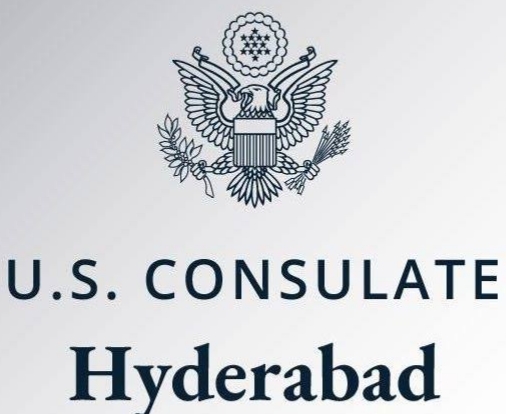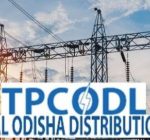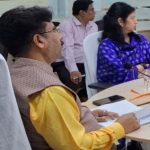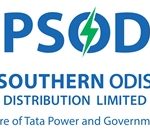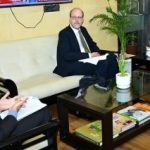Bhubaneswar: The U.S. Consulate General Hyderabad and VIEWS, an NGO based in Odisha, successfully organised the second workshop for journalists working in regional media to provide knowledge resources and best practices for covering climate change issues. The two-day workshop, which was part of a 10-workshop series, concluded, here on Sunday.
Climate change, a topic of global concern, has become increasingly relevant in recent times due to the rapid pace of industrialisation and urbanisation. As the world experiences rising temperatures, melting glaciers, eroding seas, flooding and a changing climate, it is imperative that the media report on the issue accurately and comprehensively. The U.S. Consulate General Hyderabad recognises the importance of this issue and is taking proactive steps to support the Odia and Telugu media.
The day one of the workshop covered a wide range of topics, including “Migration and Climate Change Reporting”, “The Impact of Climate Change on Education”, and “Natural Farming and Climate Change Reporting”. Umi Daniel, Director of Migration and Education at Aide et Action International, presented on migration and climate change reporting, providing insights on the effects of climate change on migration patterns and its impact on vulnerable communities. Minati Singha, a senior journalist with the Times of India, spoke about the impact of climate change on education, highlighting the need to take action by the government. Lastly, Ekadashi Nandi, an agriculture expert, presented on natural farming and climate change reporting, emphasising the role of natural farming in mitigating the impact of climate change on agriculture and make it sustainablty.
During his session, Umi Daniel said, “Migration in Odisha is not just a matter of movement, but a complex interplay of climate, disaster and human vulnerabilities. Addressing the key challenges of database on hazards, risk-informed development, community resilience and effective policies can help mitigate the triggers of migration and secure the future of men, women, youth, children and other vulnerable communities in hotspots of environmental fragility and conflict.”
During the second day of the workshop, two experienced journalists with extensive knowledge on climate issues in Odisha not only shared tips and story ideas, but also motivated young journalists to write about climate topics with genuine passion and dedication. Kasturi Ray, senior news editor of The New Indian Express, Bhubaneswar, provided insights on disaster reporting and emphasised the importance of paying attention to small details while covering such events. Additionally, Bhabani Shankar Tripathy, DGM News, Sambad Group, discussed the potential for climate change reportage in the context of Odisha and the opportunities that exist in this field.
During the final session of the workshop, Sisir Kanta Pradhan, a development sector expert, discussed several issues related to tenure and climate change, sharing stories and insights on a range of topics. His presentation covered diverse topics such as the impact of climate change on marine tenure, the effects of extreme weather events and uncertainties on coastal habitats, climate-induced displacement and migration of coastal populations, changes in marine species distribution and their impact on tenure, and global policy instruments related to climate change and marine tenure.
The workshop received an overwhelming response from journalists from different media platforms, who appreciated the opportunity to learn from experts in the field. The participants expressed their gratitude to the U.S. Consulate General Hyderabad and VIEWS for organising such a valuable workshop.
This initiative is part of the U.S. Consulate General Hyderabad’s ongoing efforts to support the Odia and Telugu media and promote awareness of climate change in the region. Through partnerships with local NGOs and media organisations, the Consulate General aims to provide opportunities for journalists to develop their skills and improve their reporting on critical issues such as climate change.

